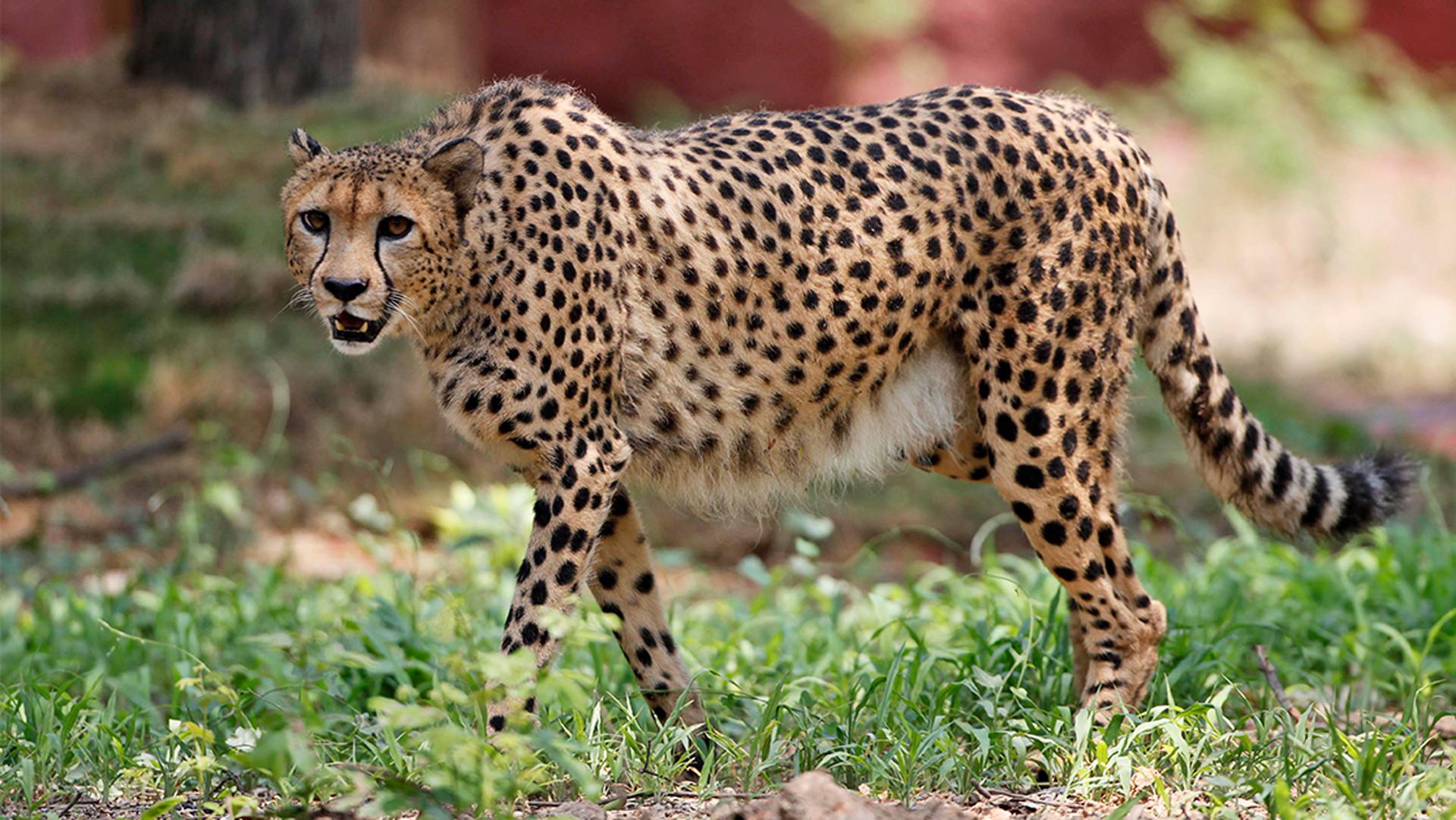Cheetahs are being reintroduced to India after their extinction there 70 years ago
Conservationists are attempting to reintroduce the cheetah to India after it was declared extinct on the subcontinent in 1952.
Sixteen cheetahs from South Africa and Namibia are being prepared for the journey to Indian national parkland next week — it’s the first time that a large carnivore is being moved from one continent to another for reintroduction to the wild.
Yadvendradev Jhala, dean of the Wildlife Institute of India, is playing a key role in the project.
“I think the world needs to restore its lost fauna and flora, especially those which have been caused by human actions,” he said. “The cheetah was hunted to extinction in India, and now, we have the economic ability, the threats to the extinction have been exterminated and [we have] the scientific know-how to bring back the lost element of our ecosystem and our lost heritage. So, it is the right time to bring the animal back to India.”
Today, there are fewer than 15 Asiatic cheetahs — a subspecies that once roamed India — which are located in Iran. So, conservationists turned to Namibia, South Africa and Botswana where there’s a surplus cheetah population of around 4,000, according to Jhala.
Although the cheetahs being brought to India will find the right environment for their needs, and they are an adaptable species, Jhala said, the big cats will have to switch from hunting antelope and impala to spotted deer as their major prey.
In choosing individual cheetahs for reintroduction, conservationists looked for animals that can hunt for themselves, but are not afraid of humans, in the sense that they don’t approach them, but allow for a vehicle or human to approach within about 160 feet.
“If they move out of our protected area, you’d need to capture them and bring them back” since there are no fences around the parks in India, Jhala said.
“They are totally nonaggressive,” he added. “I have been very close to a wild cheetah on foot, and I was amazed. I worked with lions and tigers … but with the cheetah, you can take a lot of liberties. They are such placid, wonderful animals.”
To listen to the fill interview, click on the audio player above.
